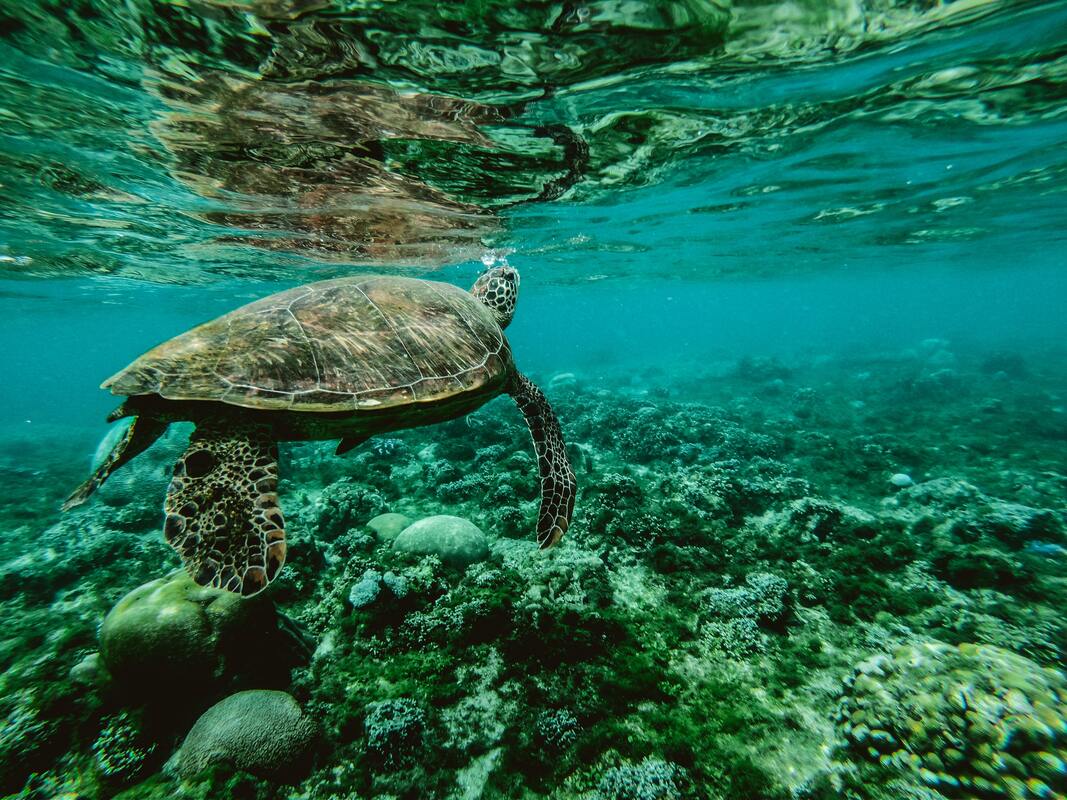As the COVID-19 pandemic ravages the globe, some hope has arisen from the devastation surrounding this unprecedented crisis. With images and pictures from around the world of animals emerging onto our streets for the first time in generations, we are reminded of the significant impact that we, as Humanity have on the planet. But what of the seas? With ships locked down in ports and fishing fleets moored to docks the world over, we ask ourselves: “What impact is this pandemic having on the great blue oceans?”.
0 Comments
Leave a Reply. |
NGDExceptional marine engineering and 3D scanning. Archives
May 2020
Categories |

 RSS Feed
RSS Feed